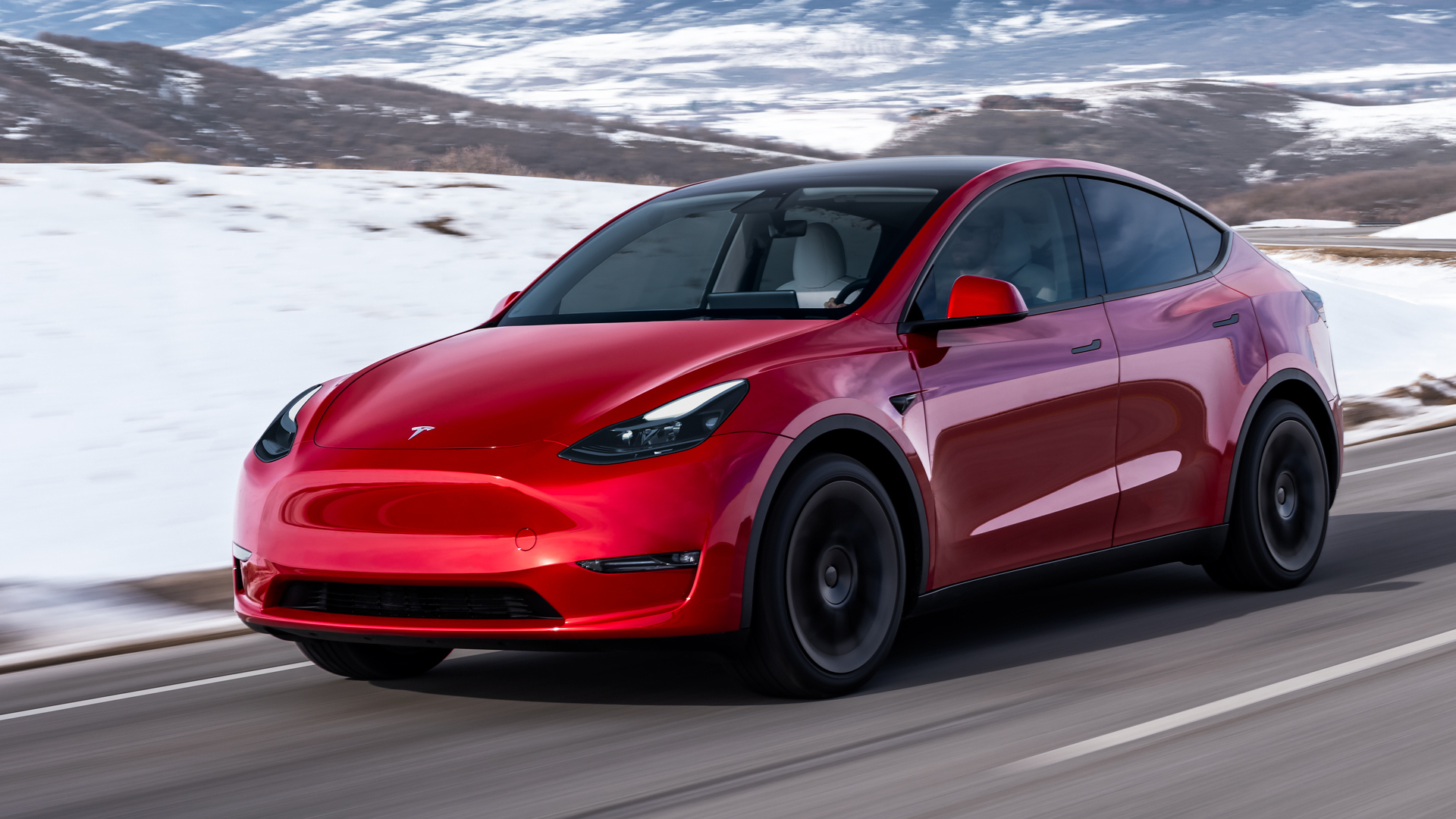

Last month, Tesla declared it would recall every car it has ever shipped with Autopilot (more than two million total) to curb its misuse after an NHTSA investigation. Its solution was simple: Issue an over-the-air update to make driver monitoring stricter. But that update hasn’t gone off without a hitch, as Tesla owners are reporting a range of software failures that often disable Autopilot. The cause? Tesla’s service centers are struggling to diagnose it, but it seems to be a cluster of related software and hardware failures.
The problem appeared to begin as owners updated from software build 2023.44.30.6 to versions 30.7 and 30.8, the latter of which was released on January 4 according to Not A Tesla App. In-car patch notes mirrored on Tesla-Info.com state the update was released to resolve the NHTSA’s investigation into crashes between Teslas with Autosteer active and stationary emergency vehicles, as summarized in recall report 23V-838.

Among other things, the update implemented stricter driver monitoring to prevent misuse of Autopilot and so-called Full Self-Driving Beta. Both programs have been prominently misused, for theatrics such as sleeping in the back seat and producing pornography. Misunderstandings about these features’ limited capabilities, which require the driver’s attention and physical interaction at all times according to Tesla, have been allegedly behind multiple fatal crashes.
One of the first to report problems with the update was 2023 Tesla Model Y Long Range owner Brandon Yang, who told us he has owned his electric SUV for less than four months. Yang was driving his Tesla when he noticed the car’s active safety and driving assists weren’t working, so he arranged with a Tesla service center to have his car updated. But when the vehicle tried to update itself to build 30.8, Yang’s car got stuck downloading the update and wouldn’t shut off, repeatedly cycling through attempts that wouldn’t complete.
This occurred over a period of more than 72 hours, during which the car gradually drained its battery. Yang eventually disabled Wi-Fi to break the cycle, but the car enabled an internal LTE antenna to continue trying (and failing) to update. After much back-and-forth with the service center, Yang was told his car needed a new Autopilot computer to fix the problem—though on pickup a week later, he was told a software script had fixed it after all.
While trying to sort it all out, Yang posted to Reddit for advice, and was met with numerous other owners with the same issue. Between the comments on that and other Reddit posts, they appear to be comprised mainly of Model Y owners, with a fair portion being recent builds (within the last four months). They say they experienced similar issues, including failed updates, and disabled safety and driving automation systems, both before and after updating. At least two Model 3 owners have also reported similar problems.
- “This also happened to me, update was pushed two times to the car and both times the update was stuck at Downloading @ 100%. My autopilot never worked as well and there are no road visualization, etc. Car is currently at the service center, likely where the computer is being replaced.” – thebestiam1
- “Same issue one a one month old car – any luck?” – Psychological-Year13
- “I’m having the exact same issue on my a month old MYLR. The car is in hand of SC for diagnosis [sic]” – manmz2000
- “I believe the same issue to your car is happening to mine as well. I’m currently stuck at 100% download but before this started happening I noticed my ECU was having problems.” – Perceivence-II
This is also when other owners reported being told by Tesla service centers that the problem was with their cars’ hardware, and that the aforementioned Autopilot computer itself needed replacing. Yang wasn’t sure whether his car’s computer had actually been replaced as originally promised, though he asks why his car needed to be held for a week for a simple software procedure. Fortunately, his car’s at least back on the road and working normally now.
Failed OTA updates aren’t a problem exclusive to Tesla. An early update for the 2023 Chevrolet Colorado would deplete the truck’s battery, while EV rival Rivian outright bricked customers’ infotainment systems with a faulty update. Tesla however has shipped bad updates before, in one case recalling a Full Self-Driving Beta update that caused cars to slam on their brakes with alarming frequency.
Due to Tesla’s opacity, it’s hard to know just how widespread this cluster of problems really is—or even the root cause. It’s unclear if Tesla remotely disabled automated driving features for cars that hadn’t updated (which would be the responsible thing to do), or if there’s something wrong with its update or the rollout thereof. It’s also possible Tesla has a widespread hardware problem, which wouldn’t be terribly surprising considering the company’s build quality woes.

Unless Autopilot computer replacements become an acute problem with recently built Teslas, we’ll likely never know what’s behind this strange cluster of apparently linked software and hardware failures. Tesla is known to coerce customers into signing nondisclosure agreements for recall services, and blame customers for failures of components it knew were defective. Still, it’s ironic that a patch meant to make Tesla’s driving automation systems safer disabled them. Depending on how you see things, that may be the best outcome.
Got a tip or question for the author? You can reach them here: james@thedrive.com